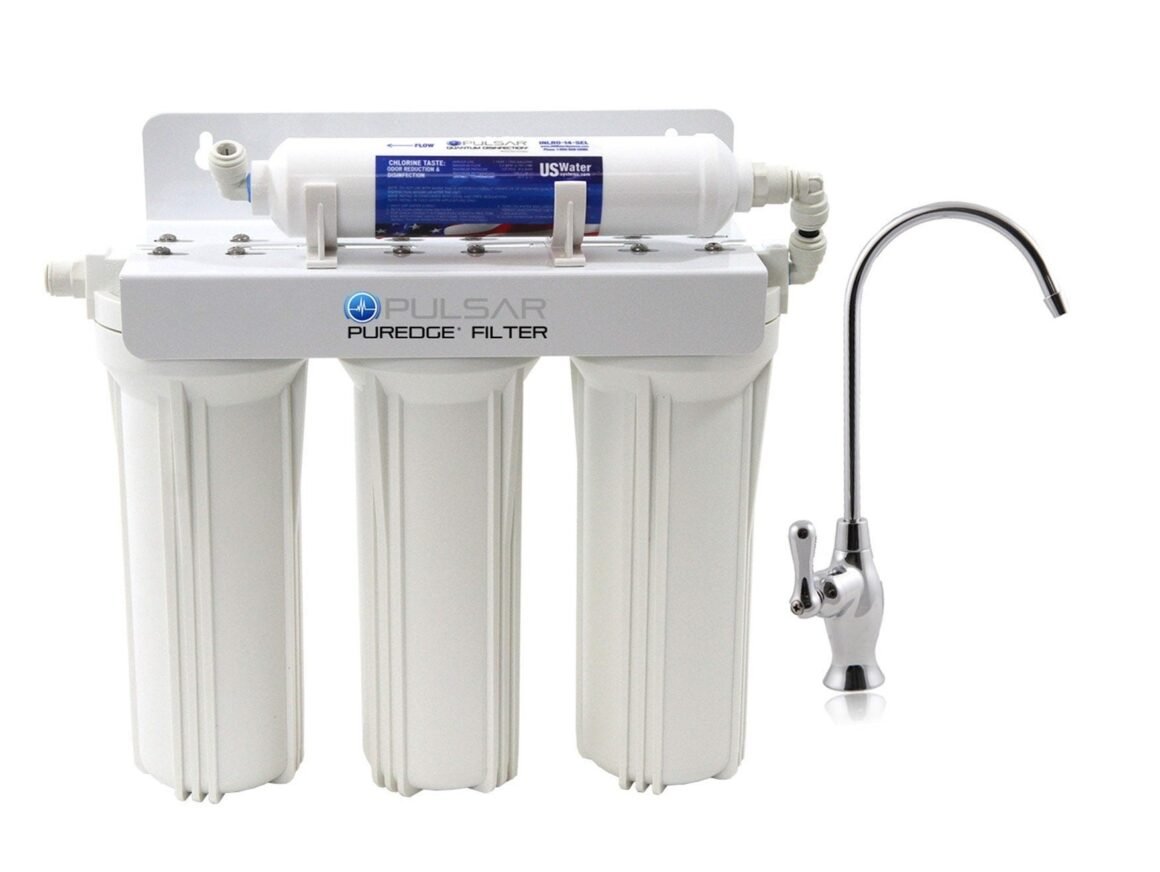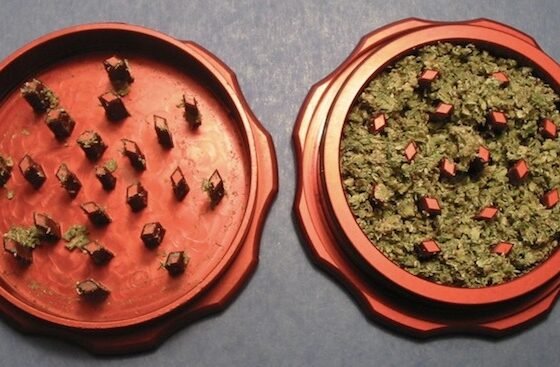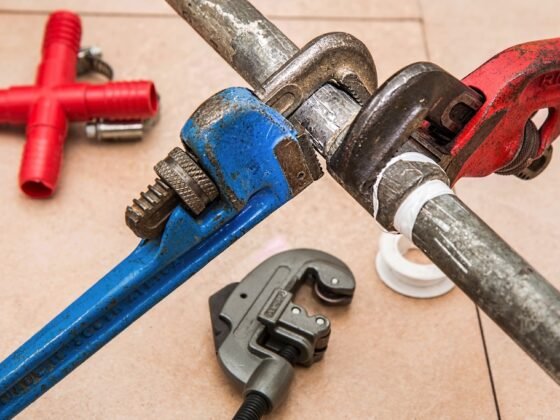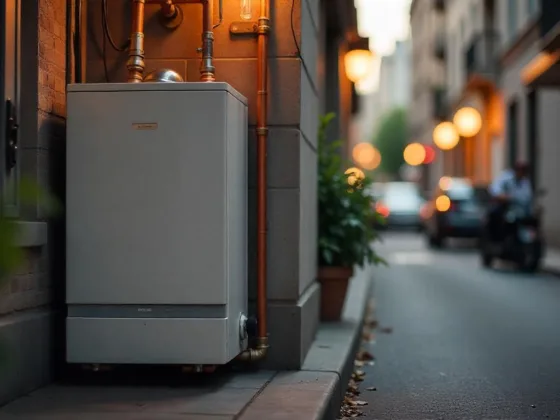Food manufacturers utilize gallons and gallons of water every hour on the hour. Whether you are mass-producing bread, muffins, or pies, water is one of the key ingredients.
When your water is filled with hard minerals, such as magnesium and calcium, it can interfere with the outcome of our food products. It is easy to ignore the quality of your water, but your customers not so much.
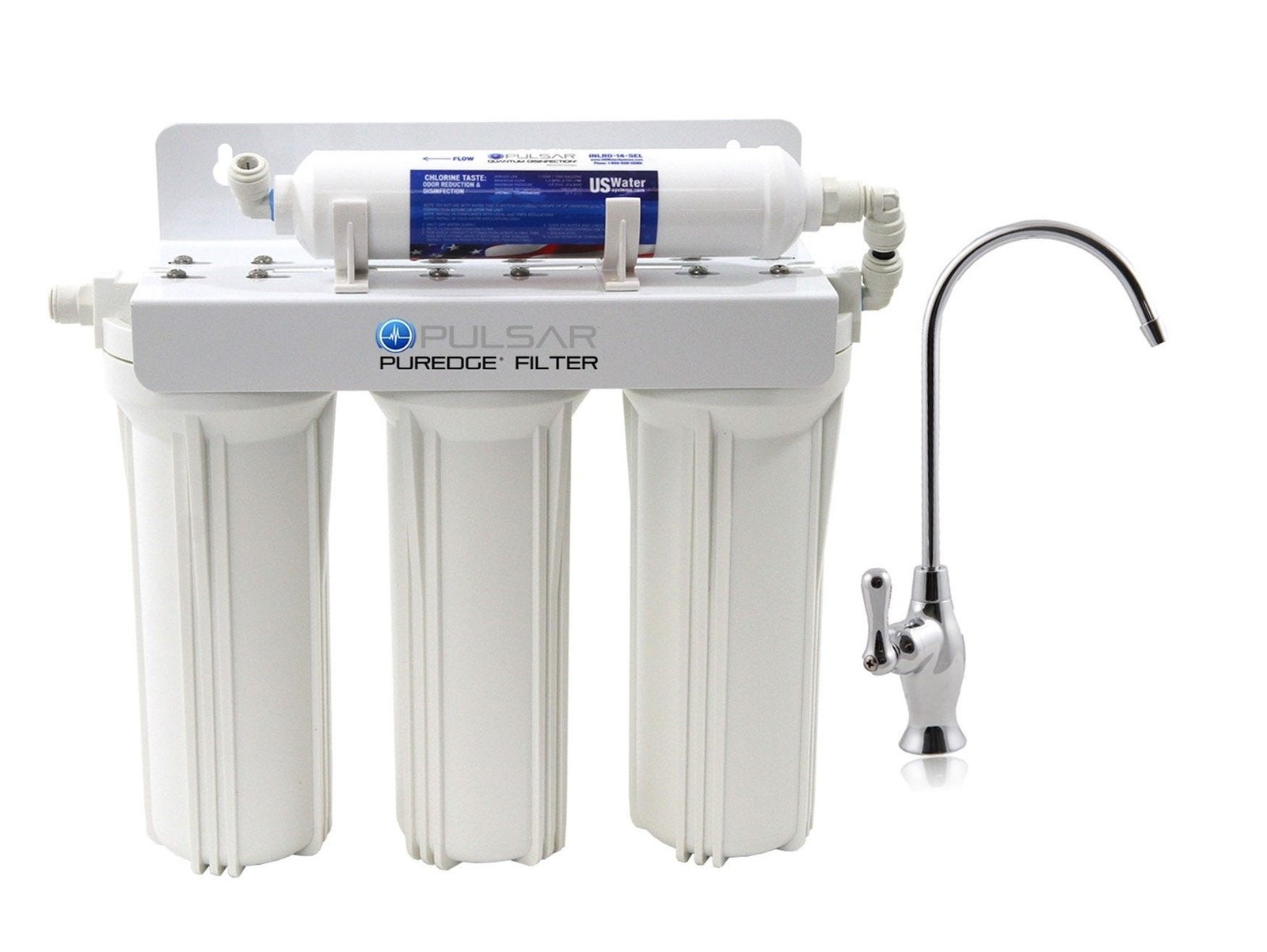
How do food manufacturers test their tap water? There are several testing methods utilized to detect hard water chemicals. First, you have a visual assessment of your silverware, cookware, and bakeware.
If a white film is detected on the surface of your dishes, your tap water is hard. Low water pressure is also a sign of hard water due to years of buildup.
Install A Water Filtration System
Improving the quality of your tap water is as simple as installing a state-of-the-art filtration system. Industrial water softeners work by filtering out hard water minerals, resulting in softer water.
You will immediately notice a major improvement in the quality of your tap water after the installation. There is no breaking in, as water filtration systems begin to work immediately.
Read Also:
With the filtration system installed, you will be required to replace the filter cartridge routinely. Since the setting is a food manufacturing facility, the filter cartridge may need to be replaced every one to three months. The installation service provider will provide you with filter cartridge replacement recommendations.
Since the setting is a food manufacturing facility, hundreds of gallons of water will pass through the new filtration system daily. The more water passes through the filtration system, the quicker the filter cartridge will fill up with hard water minerals.
To ensure the system is always functioning at maximum compacity, the filter cartridge must be able to trap and collect hard water minerals.
Drain Water Heater Yearly
A water heater is a major component in a food manufacturing facility water system. Hot water is utilized to break down grease, stains, and dried-on food particles. Without hot water, your cookware and silverware will be impossible to clean.
With this said, did you know your hot water heater collects bacteria, metal particles, and other types of sediment? These contaminants will end up in your recipes if you are not very careful.
Experts recommend annual hot water heater draining to remove all sediment in the bottom of the tank. If you fail to drain your hot water heater accordingly, you may begin to notice a drop in your water pressure and poor water quality.
Update Plumbing Fixtures
It is crucial to keep your manufacturing facility’s plumbing fixtures in good condition. All galvanized pipes contain a higher percentage of lead than copper pipes.
Experts recommend lead-free copper piping with 0.25 percent of lead or less. Speak with your local plumber to get an estimate for the plumbing upgrade. Yes, this is an additional expense for your company, but it will pay off in the long run.
Lead builds up inside plumbing pipes and fixtures, resulting in corrosion and lower water quality.
